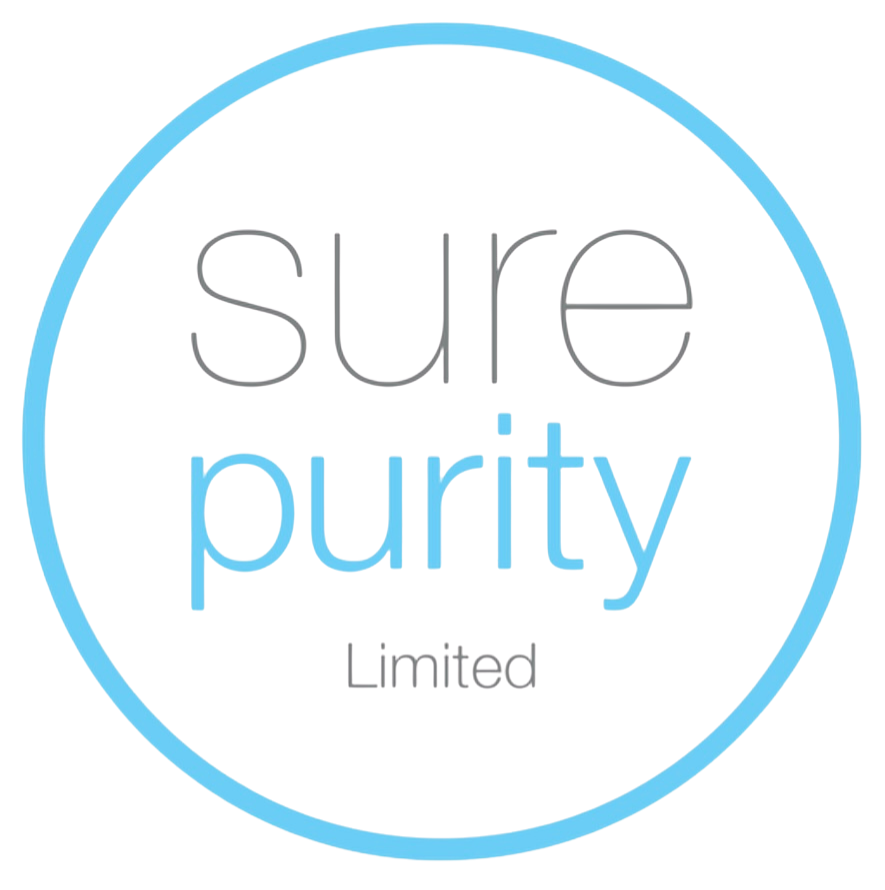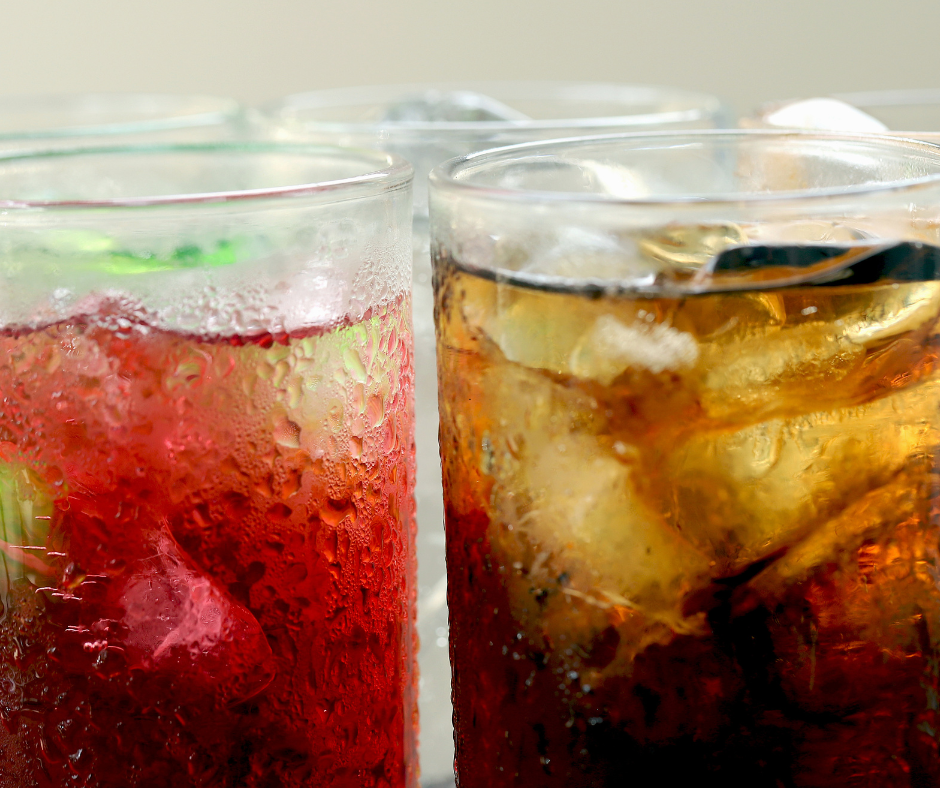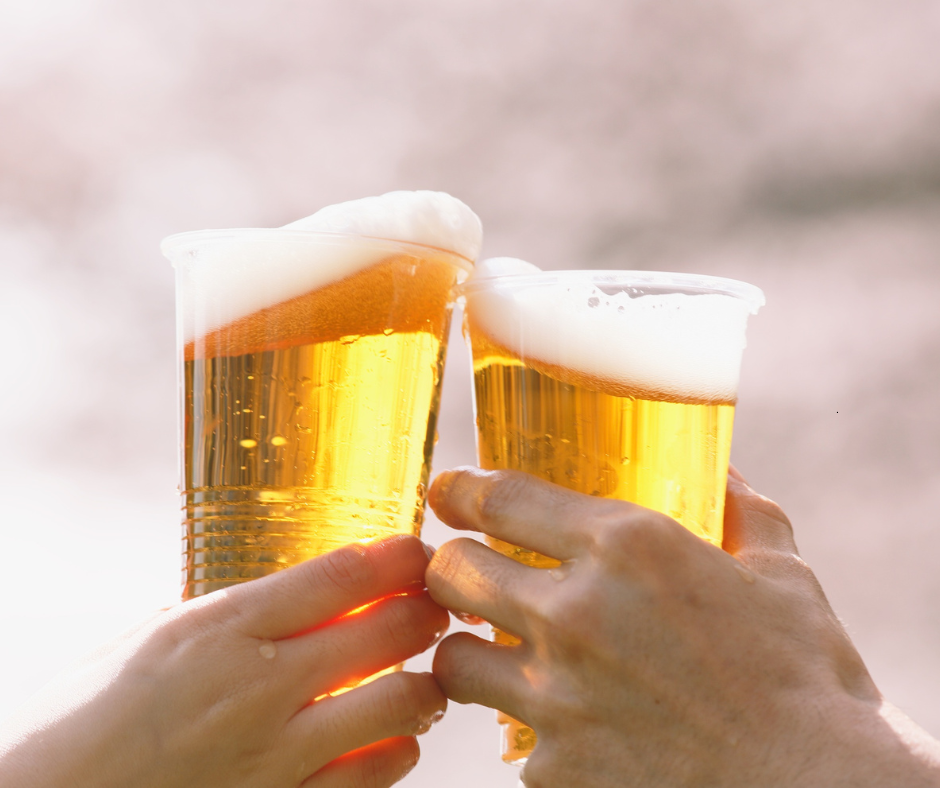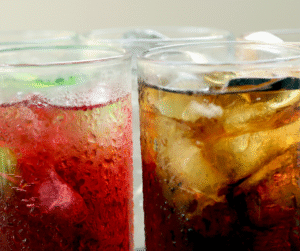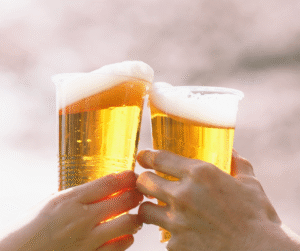If your drinks business depends on clean, crisp, great-tasting beverages, your gas supply matters more than you might think. Whether you’re bottling soft drinks, brewing beer, or running a busy bar, poor gas quality can impact not only the taste — but also the safety and consistency of your product.
So, what is a polishing filter in this context?
In beverage gas systems, a polishing filter is the final stage of gas filtration, positioned just before the CO₂ or gas blend enters the product. Its job is to catch any last traces of harmful contaminants, including volatile compounds, odours, oils, or microscopic particles that earlier filtration stages may miss.
While most gas systems use pre-filters and regulators, it’s the polishing filter that provides the last line of defence — helping beverage producers and hospitality venues maintain high product standards and consumer confidence.
In this article, we’ll explain:
- What polishing filters are and how they work
- What contaminants they remove from CO₂
- Why they’re essential for bottled, canned, or draught drinks
- Where they’re used in the drinks industry
- How Sure Purity’s Carboguard systems help protect your beverages and your brand
Let’s start by looking at what a polishing filter actually does.
What Is a Polishing Filter?
A polishing filter is a specialised filtration component used as the final stage in a gas filtration system. Its main job is to remove any last traces of contaminants that may remain after earlier stages of filtration — ensuring only clean, safe gas enters the beverage.
In the drinks industry, polishing filters are typically installed just before CO₂ or mixed gas enters the carbonator, keg, bottle filler, or post-mix dispenser. They act as a final safety net to catch odours, fine particles, oil vapours, and chemical residues that could spoil taste, introduce health risks, or breach compliance standards.
This final stage of protection is particularly important when using food-grade CO₂, which must meet strict quality standards (such as ISBT and EIGA guidelines). Even tiny traces of impurities like benzene or sulphur compounds can have a big impact on flavour, aroma, and shelf life.
In simple terms:
A polishing filter ensures that what enters your drink is nothing but pure gas — no contaminants, no surprises. It’s the difference between trusting your gas supply… and truly protecting your product (and reputation)
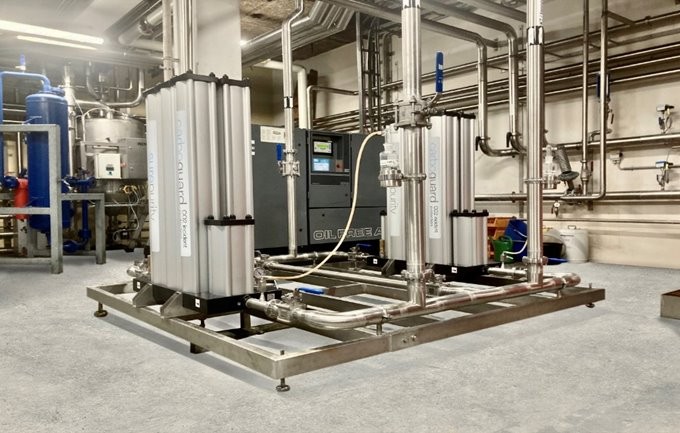
How Polishing Filters Work in CO₂ Filtration Systems
To understand how a polishing filter fits into a beverage gas setup, it helps to look at the full CO₂ filtration process.
A standard CO₂ supply – whether from a cylinder, bulk tank, or pipeline – can contain tiny amounts of contaminants picked up during production, storage, or delivery. These may include hydrocarbons, sulphur compounds, odours, or moisture. All of these can affect the quality and safety of drinks if left untreated.
Where the Polishing Filter Fits
Most beverage gas systems use a multi-stage filtration process. Each stage targets a different type or size of contaminant:
- Pre-filtration – removes coarse particles like rust or dust
- Coalescing or vapour filters – capture oils and moisture
- Polishing filter – the final stage, designed to remove trace-level contaminants that earlier stages may miss
What It Contains
Polishing filters typically use:
- Activated carbon – a powerful adsorbent that traps odours, organic compounds, and volatile contaminants
- Fine particle filtration media – to remove microscopic solids or residues
This combination ensures that by the time CO₂ reaches the drink, it is clean, neutral, and compliant with food-grade standards.
Sure Purity’s Multi-Stage Approach
Sure Purity designs advanced CO₂ filtration systems with polishing as the final safeguard. Our Carboguard and Carboguard Mini filters are specifically built for beverage gas lines, combining multiple media layers to protect against a wide range of impurities.
By placing the polishing filter closest to the point of use, we help beverage producers and hospitality teams prevent last-metre contamination.

What Contaminants Do Polishing Filters Remove?
Polishing filters are designed to catch the final traces of contamination that can slip through earlier stages of gas filtration. In beverage systems using CO₂, these trace impurities can seriously affect taste, smell, product safety, and regulatory compliance.
What Does a Polishing Filter Remove?
Here are some of the most common gas filtration contaminants removed by a polishing filter:
- Benzene
A harmful aromatic hydrocarbon and known carcinogen. Even at parts-per-billion levels, it poses serious health risks and can lead to failed safety audits. - Methanol
A volatile compound that’s toxic to humans. If not removed, it can leach into beverages and cause off-flavours or safety concerns. - Hydrogen Sulphide
Easily recognised by its strong ‘rotten egg’ smell, it ruins aroma and flavour, particularly in delicate drinks like beer, cider, or soft drinks. - Aromatic Hydrocarbons
Organic chemical compounds that can create chemical, fuel-like odours in drinks — often absorbed by CO₂ from contaminated storage or supply lines. - Moisture and Oil Vapours
Can lead to microbial growth, foaming issues, and poor carbonation retention. These are often carried through from gas cylinders or compressors.
Why This Matters
Even trace levels of these contaminants can result in:
- Consumer complaints about flavour or smell
- Product recalls or disposal of entire batches
- Non-compliance with food safety standards (ISBT, EIGA)
A polishing filter acts as your last chance to stop these substances from entering your product. That’s why final-stage filtration is essential for any beverage business that values consistency, safety, and brand integrity.
Where Are Polishing Filters Used in the Drinks Industry?
Polishing filters are widely used across the drinks and hospitality sectors — anywhere CO₂ is used to carbonate, dispense, or preserve beverages. Their role is simple but vital: ensure that only clean, food-grade gas enters the product at the final point of use.
Common Applications for Polishing Filters
- Breweries and soft drink producers
Used in bottling and canning lines, where filtered CO₂ is injected for carbonation or inerting. A polishing filter ensures product consistency and protects against contamination during high-speed production. - Hospitality chains (pubs, restaurants, cafés)
These venues rely on clean gas for draught beer, carbonated water, and soft drinks. Polishing filters protect drink quality and reduce the risk of taint from gas cylinders or mixed gas blends. - Post-mix systems
Popular in self-serve and fast-food environments, post-mix machines combine flavoured syrup with carbonated water. CO₂ purity is essential here, as poor gas quality affects taste and carbonation levels. - Fast-food outlets
High turnover and compact systems mean gas filters like the Carboguard Mini are ideal — providing last-metre protection for drinks served via tap or dispenser. - Carbonated water dispensers
Used in cafés, offices, and restaurants. CO₂ polishing ensures sparkling water remains clean, odourless, and pleasant-tasting.
How They’re Installed
Polishing filters are typically installed inline, between the CO₂ cylinder (or supply line) and the gas inlet of the carbonator, dispenser, or filling machine. This placement ensures the gas is filtered at the final point before it contacts the beverage, making it the last defence against taste or safety issues.
In short, wherever gas meets drink — a polishing filter should be in place.
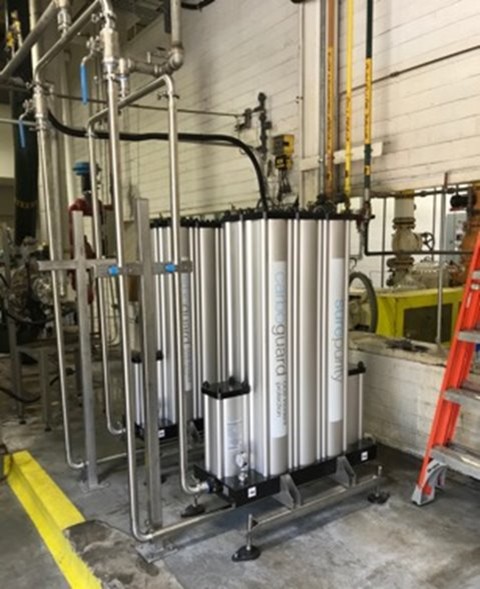
How to Choose a Polishing Filter for Your Beverage System
Choosing the right polishing filter is essential to ensure consistent drink quality, regulatory compliance, and system efficiency. Here are five key criteria to consider:
1. Gas Flow Rate Requirements
Ensure the filter is rated for the volume of CO₂ your system uses. High-speed bottling lines or large draught setups require filters that can handle continuous flow without compromising performance or pressure.
2. Level of Contaminant Protection
Look for filters that target known gas impurities, such as benzene, sulphur compounds, and oil vapours. A good polishing filter should combine activated carbon with fine particulate filtration for maximum effectiveness.
3. Regulatory Compliance
Make sure the filter helps you meet ISBT, EIGA, or other relevant food-grade gas standards. This is particularly important for beverage manufacturers and hospitality brands with strict QA protocols.
4. System Compatibility
Check whether the filter is compatible with your existing gas cylinders, regulators, carbonators, or post-mix systems. Inline filters should integrate easily without major modification.
5. Size and Space Constraints
Smaller venues or compact systems may require a space-saving filter like the Carboguard Mini, while larger installations benefit from a higher-capacity option like the Carboguard.
Final Thoughts
In beverage production and dispensing, gas quality is just as important as ingredients. A polishing filter is the final defence in any CO₂ system — removing last traces of contaminants like benzene, methanol, sulphur compounds, moisture, and oil vapours before they reach your drink.
These filters are crucial for:
- Protecting product taste, aroma, and mouthfeel
- Meeting food-grade CO₂ standards (e.g. ISBT, EIGA)
- Avoiding safety risks, spoilage, and consumer complaints
Whether you’re managing a bottling line, running a fast-food post-mix dispenser, or overseeing draught systems in hospitality. A polishing filter helps ensure consistent, clean beverage quality — glass after glass, can after can.
Sure Purity’s Carboguard and Carboguard Mini systems are trusted by beverage brands across the UK and beyond. Engineered specifically for drinks applications, they’re built to deliver reliable, compliant, and safe CO₂ filtration where it matters most.
Need help choosing the right polishing filter for your setup? Get in touch with the Sure Purity team. We’re here to help.
